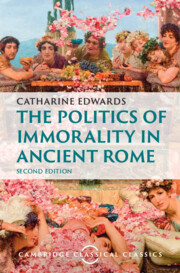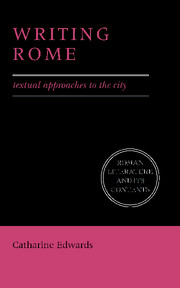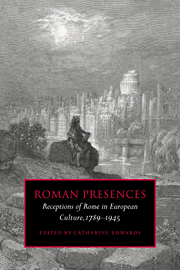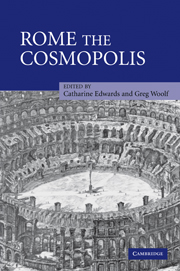The Politics of Immorality in Ancient Rome
This book addresses the question not how immoral the ancient Romans were but why the literature they produced is so preoccupied with immorality. The modern image of immoral Rome derives from ancient accounts which are largely critical rather than celebratory. Far from being empty commonplaces these accusations constituted a powerful discourse through which Romans negotiated conflicts and tensions in their social and political order. This study proceeds by a detailed examination of a wide range of ancient texts (all of which are translated), exploring the dynamics of their rhetoric, as well as the ends to which they were deployed. Roman moralising discourse, the author suggests, may be seen as especially concerned with the articulation of anxieties about gender, social status and political power. Individual chapters focus on adultery, effeminacy, the immorality of the Roman theatre, luxurious buildings and the dangers of pleasure.
- Fascinating topic
- Well and accessibly written book
- Interesting approach
Product details
January 2011Adobe eBook Reader
9780511878565
0 pages
0kg
This ISBN is for an eBook version which is distributed on our behalf by a third party.
Table of Contents
- Introduction
- 1. A moral revolution? The law against adultery
- 2. Mollitia: reading the body
- 3. Playing Romans: representations of actors and the theatre
- 4. Structures of immorality: rhetoric, building and social hierarchy
- 5. Prodigal pleasures.







